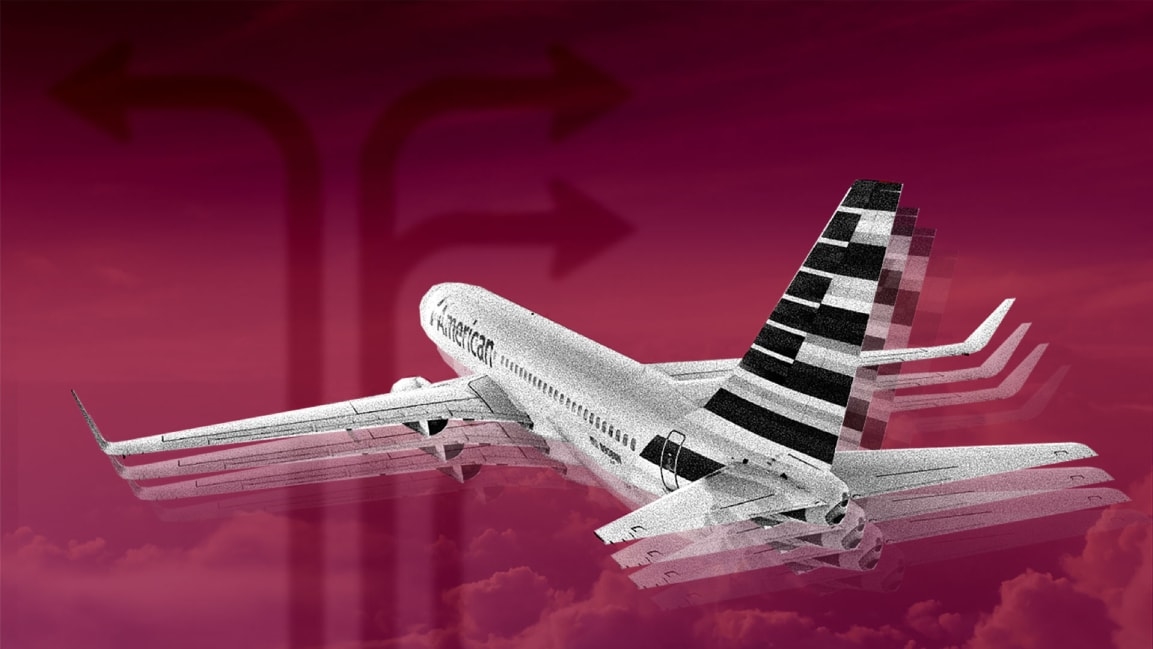Delta variant cases are down but still high: What does that mean for holiday travel?
The Grinch may have stolen this holiday travel season, too.
With COVID-19 still raging due to the delta variant (cases are down from their peak, but transmission is still high in most counties) and millions of people not vaccinated due to hesitancy or age, a robust, pre-pandemic return to Thanksgiving family gatherings and fun Christmas-week vacations is unlikely.
Earlier this month, the Centers for Disease Control and Prevention (CDC) advised people who haven’t received their shots to avoid travel and is suggesting Americans mark Turkey Day as well as Christmas, Hanukkah, and Kwanzaa with people in their household, remotely, or in outdoor gatherings with guests six feet apart. For folks who want that in-person experience—this isn’t 2020, after all—public health officials have a compiled a list of recommended guidelines to keep everyone safe from COVID-19, including:
Research released last week by the tourist market research firm Destination Analysts found that 53.6% of U.S. travelers say that the delta variant makes them less interested in traveling.
But for people who miss spending time friends and family who live far away or miss spending money on travel, the season for airfare bookings and trip planning is already here. And just like with retail, there’s pent-up consumer demand in the travel sector; people are eager to get out of town again.
“We will definitely see more people travel over the Thanksgiving holiday and through Christmas and the holiday season,” says Muzzo Uysal, department chair and professor of hospitality and tourism management at the University of Massachusetts Amherst. Uysal predicts that people will venture close to home first, and then those regional and intranational trips will extend to international destinations, aided by the reopening of restaurants and sightseeing sites as well as good deals on airfare and hotels. “No question, those numbers will pick up,” Uysal adds.
In fact, Thanksgiving passenger levels will be 75% of what they were in 2019 and Christmas levels will be 80%, but both will be double what they were in 2020, the travel booking app Hopper forecasts.
“They do FaceTime and social platforms, but they miss not being physically in the same [place as their] family. A good hug, you know?,” Uysal explains. “Travel is something that appeals to our higher-order emotional needs.?
Michael Miraflor’s holiday plans are a bit upended. The 39-year-old marketing and advertising strategist is bicoastal; usually, he’s in New York and then travels back to Los Angeles to celebrate with family, but at this stage of the pandemic, he’s based in L.A.
“I’ve attempted to limit my schedule between now and Thanksgiving to make sure I don’t contract anything and mitigate my risk,” Miraflor says. “Whereas normally I’d be on a plane every three weeks, I’ve decided not to travel between now and Thanksgiving to mitigate any chances of disrupting any holiday plans for my family and extended family who’re planning to do stuff for Thanksgiving.”
The plan is for around 15 relatives, including senior citizens and children, to gather at the home of the family member with the biggest outdoor space—a backyard patio without a single, large table and nooks of seating spaces through the yard. SoCal weather is forgiving enough to allow for an al fresco Thanksgiving dinner.
Pre-pandemic, Miraflor explains, Turkey Day dinner was formal in a dining room with people migrating to the family room for football or a movie, while Christmas was buffet style. The guest list was always much longer and those on it were more social.
“Now it’s much more intimate, more family and immediate extended family, like aunts and uncles,” he says. “It’s more contained. It’s back to basics, not in bad way . . . Obviously, I’d love for it to be a celebration of sorts, for it to be ‘Hey, we’re on the other end of this,’ but I’m a realist when it comes to the pandemic.”
(56)



